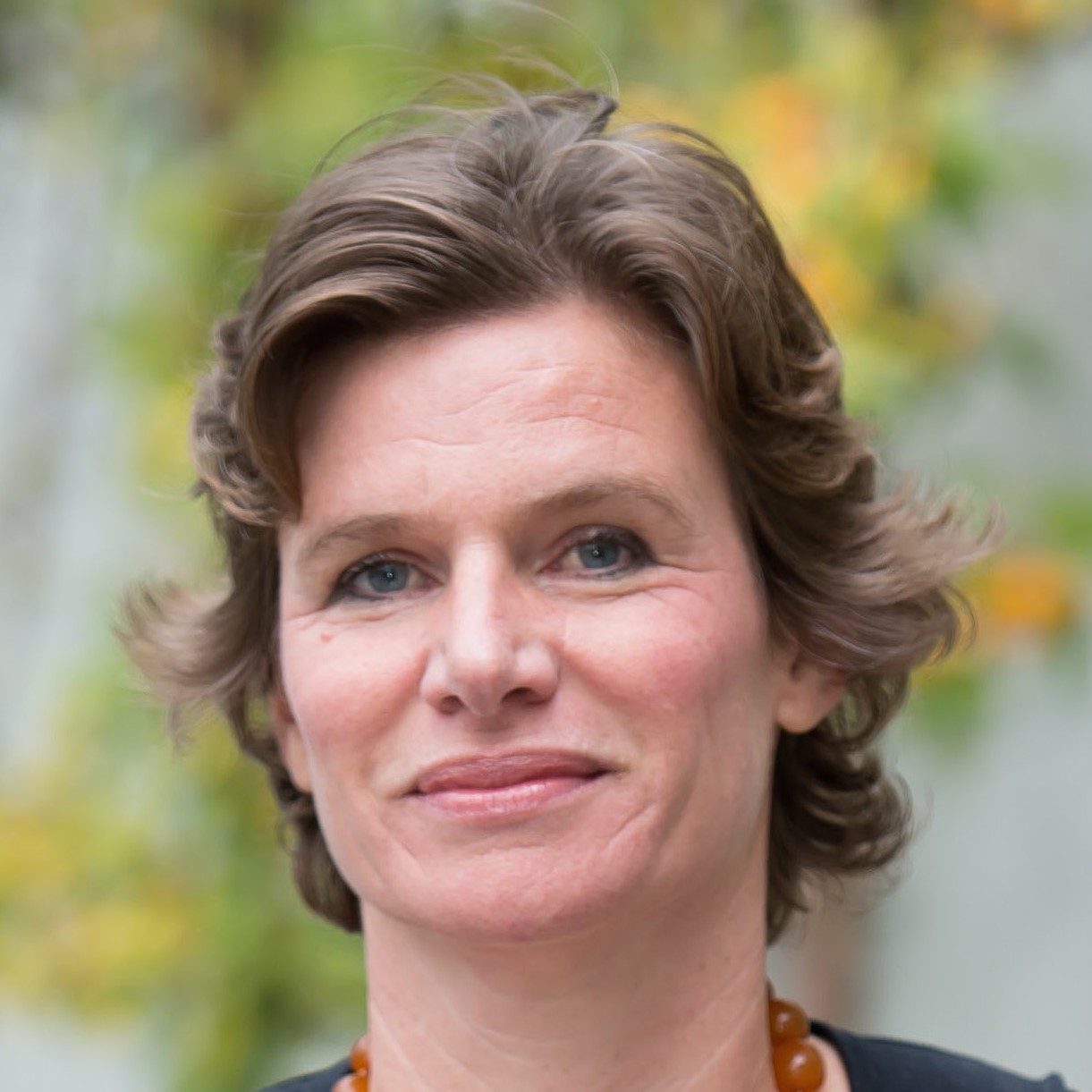
When it comes to addressing the major challenges facing us today – the current COVID-19 pandemic and inadequate healthcare systems, increasing levels of inequality in our economies, and climate catastrophe – too often our solutions and policies are inadequate because they don’t have public purpose (or human development) at the centre.
One of the key ways in which our economies and public policy solutions are skewed against human development is how we tend to understand ‘value’ in our economies. The way the word ‘value’ is being used in modern economics has made it easier for value-extracting activities to masquerade as value-creating activities. Value extracting creates nothing new: it simply moves money around. It does not grow the economy, it does not lead to innovation, and it contributes to greater inequality.
We have moved from a system where price was determined by value, to one where value is determined by price. If value is defined by price – in order words, set by the supposed forces of supply and demand – then as long as an activity fetches a price, it is seen as creating value. If you earn a lot, you must therefore be a value creator.
The COVID-19 crisis has revealed what a fiction this is. For example, the workers who have kept our countries going during lockdown and healed us during the pandemic are the least paid, more precarious and (up until now) the least valued in our economies. I would argue that keyworkers make up our essential economy.
Another example of value extraction is pharmaceutical companies who sell drugs at disproportionate, and in some case predatory, prices. This idea of ‘value-based pricing’, where price is based on how much someone is willing to pay becomes perverse when you apply it to life-saving drugs, including a potential COVID-19 vaccine. I was therefore pleased to lend my support to the World Health Organization’s technology access pool, which will make a COVID-19 vaccine accessible and affordable to all.
By reinvigorating the debate about value and value creation at all levels – right down to how economics is taught at universities, like we do at UCL’s Institute for Innovation and Public Purpose – we can change our economies to support public purpose and human development.
Another key way that purposeful approaches to human development can be brought to life is in policy-making. The state has a key entrepreneurial role to play shaping markets and designing policies that address grand challenges and create public value. Markets alone, for example, will not address climate change or inequality. States need to seize these ‘wicked problems’ as opportunities to set bold and ambitious missions towards which policies, sectors and financing are orientated to deliver. A true missions-oriented approach means not being constrained by finances, but rather adopting novel outcomes-based budgeting methods. Missions can create new markets and dynamic spillovers into economies – opportunities which can pay for themselves many times over.
The design of social missions must involve a wide group of stakeholders in both definition and implementation. These missions should inspire the public, bring new voices to the table, and be geared to generate value for the whole community.
For instance, green missions can shape economic growth in a sustainable direction bringing jobs and improvements in living standards, and building the vital resilience we will need to take on the impending climate emergency. We have also seen that governments that took a mission-oriented approach to addressing the COVID-19 crisis have fared better than others.
Applying austerity logic to public administration and services has resulted in underinvestment and a lack of understanding of what is really valuable in the economy, and has made us more vulnerable and less resilient, and less able to respond to crises and pandemics. By changing the conversation about value, and re-orienting our economies towards public purpose, we can address the major challenges facing human development.

Mariana Mazzucato is Professor in the Economics of Innovation and Public Value at University College London and is the Founding Director of the Institute for Innovation and Public Purpose. She is author of The Entrepreneurial State: Debunking Public vs. Private Sector Myths (2013) and The Value of Everything: Making and Taking in the Global Economy (2018).
Cover image: by Morning Brew on Unsplash